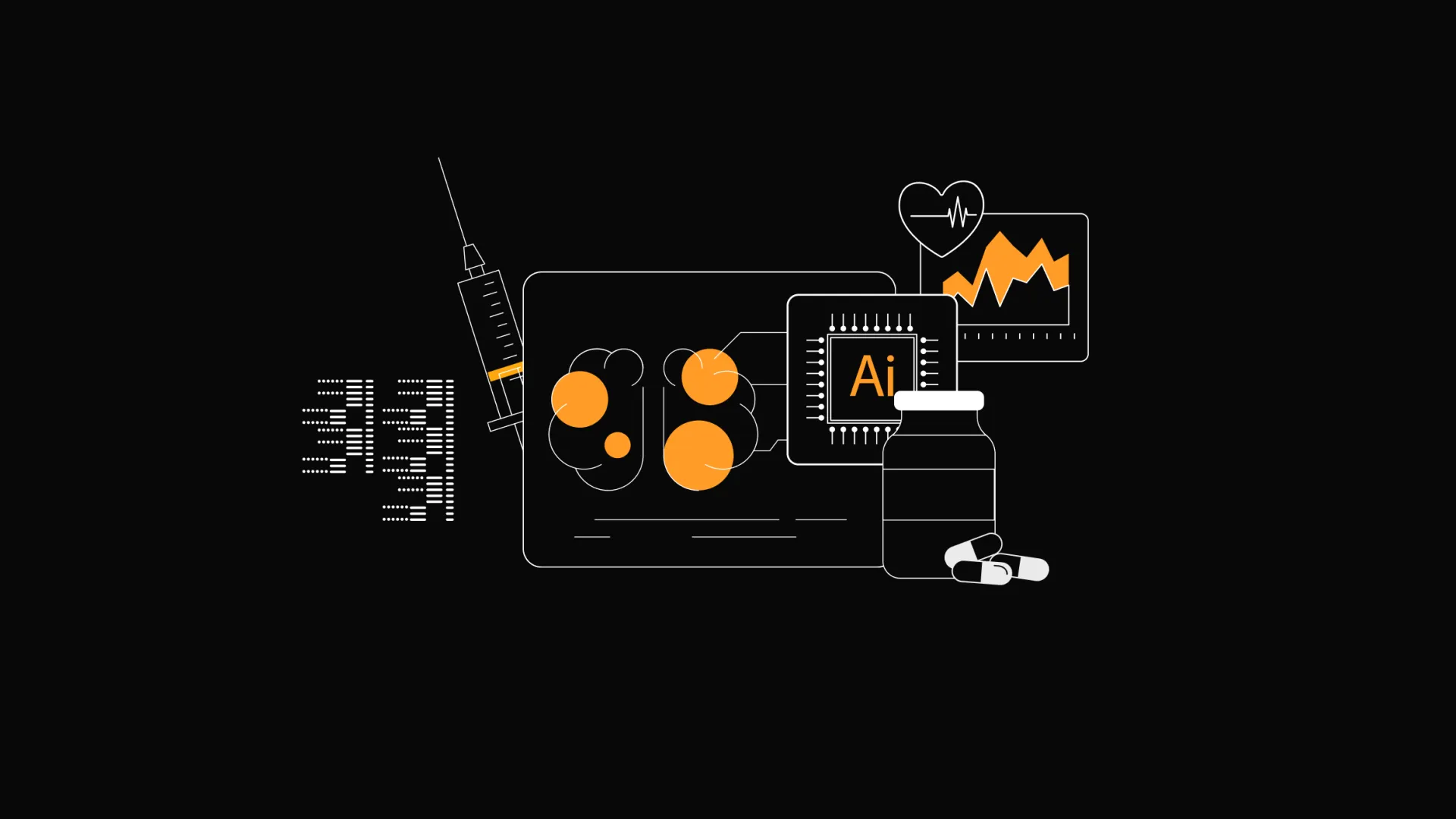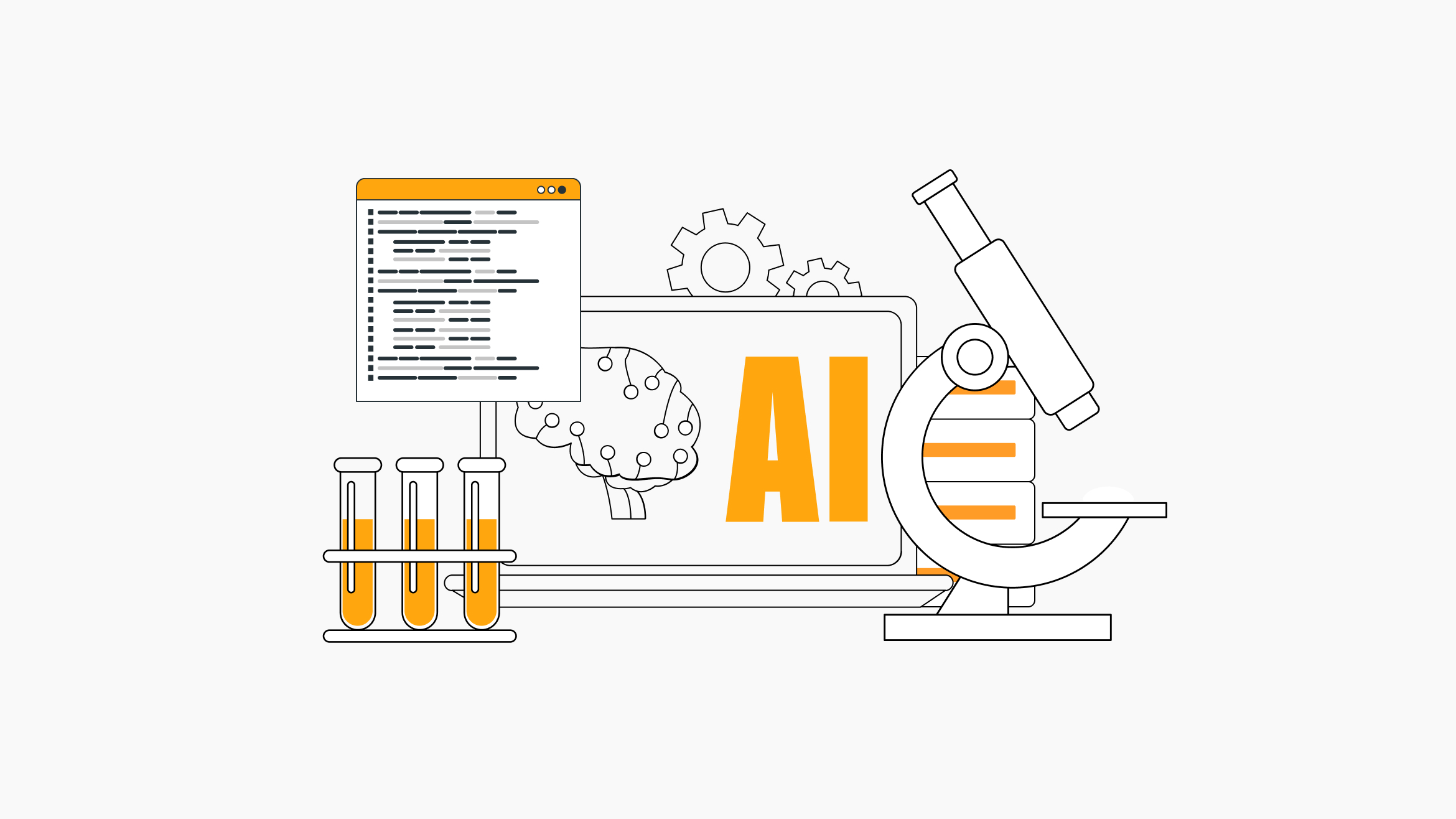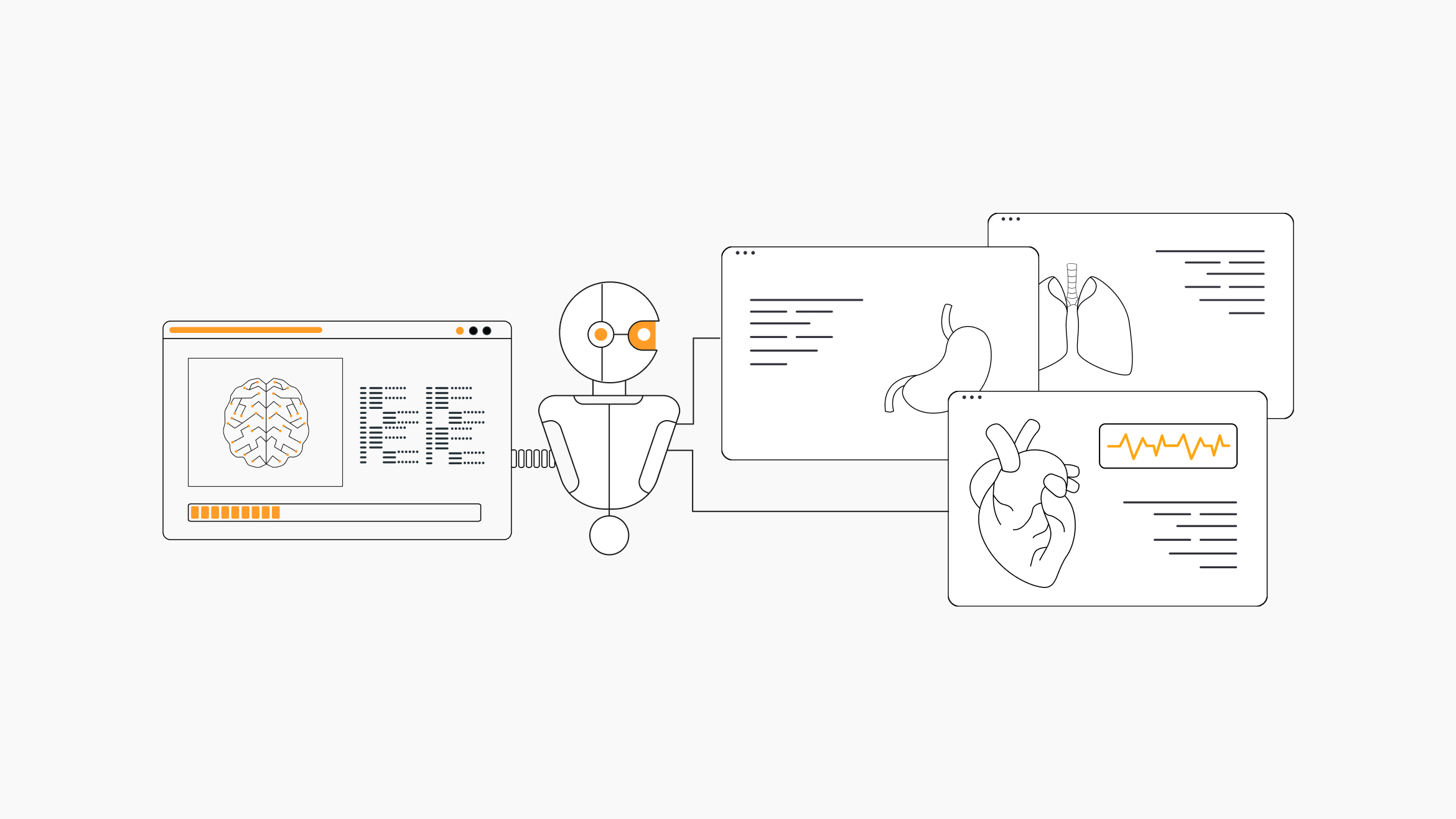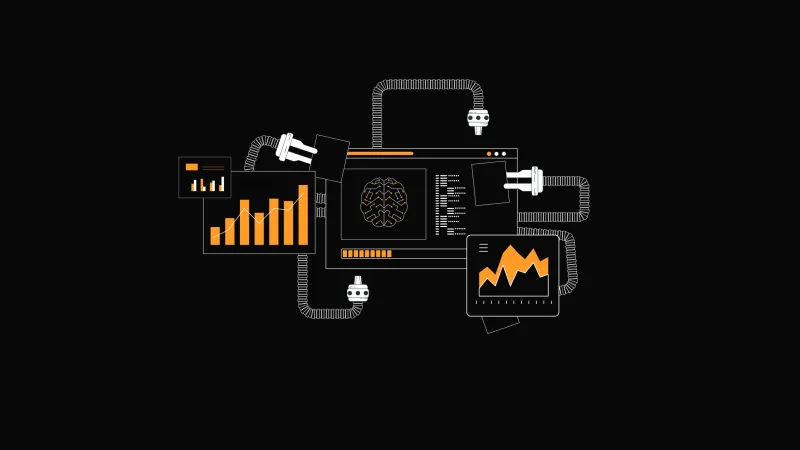The Role of AI in Optimizing and Automating Private Clinics

Artificial intelligence (AI) is transforming many industries, and healthcare is no exception. While much of the conversation around AI in healthcare focuses on the development of models for disease prediction and treatment, there's another side to AI that's equally, if not more, important for the day-to-day operations of private clinics: optimization, automation, and service improvement.
Private clinics often handle a high volume of medical data, ranging from patient records to diagnostic imaging, billing, and appointment scheduling. Effectively managing this data is crucial for improving patient care, operational efficiency, and overall profitability. Let's explore how AI can help private clinics leverage their medical data and streamline their operations without diving into specialized disease recognition and/or treatment suggestion models that would try to replace a medical specialist.
1. AI-Driven Scheduling and Resource Optimization
Efficient resource allocation is key in any medical practice, but especially in private clinics, where time is money. AI can analyze historical patient flow data to predict appointment demand, allowing clinics to optimize scheduling for doctors, nurses, and support staff. This reduces wait times and helps maximize the utilization of medical staff and equipment.
Examples of AI in scheduling and optimization:
Appointment scheduling:
AI-based tools can automatically suggest optimal times for appointments based on the patient’s history, availability of staff, and even external factors like traffic or weather patterns.
Example AI solution: Reinforcement Learning (RL) - Trains models to suggest optimal appointment times based on historical patient data and resource availability.
Staff optimization:
Predictive algorithms can forecast patient flow and ensure that adequate staff levels are maintained throughout the day.
Example AI solution: Predictive Analytics using Time Series (ARIMA, LSTM) - Predicts patient flow to ensure appropriate staff levels at different times.
Equipment usage:
AI can predict peak times for equipment use (e.g., MRI, ultrasound), ensuring that machines are available when needed and reducing idle time.
Example AI solution: Genetic Algorithms - Optimizes equipment usage schedules by balancing demand and reducing downtime.

2. Automated Administrative Workflows
Administrative tasks can be a time-consuming and error-prone part of running a private clinic. AI-powered automation tools can streamline processes like billing, patient data entry, and insurance claims. This reduces the burden on administrative staff, allowing them to focus more on patient care and improving clinic efficiency.
Key areas where AI can automate administrative tasks:
Electronic Health Records (EHR) management:
AI can automate the updating and retrieval of patient records, reducing the need for manual data entry.
Example AI solution: Natural Language Processing (NLP) such as Large Language Models (LLMs) - Extracts structured information from unstructured patient records for quick updates.
Billing and insurance claims:
AI can identify errors in billing codes and automatically process claims, reducing delays in revenue cycles.
Example AI solution: Robotic Process Automation (RPA) - Automates repetitive tasks like claims processing and billing review.
Patient follow-ups:
Automated systems can send reminders for follow-up visits, medication schedules, or routine health checks via text, email, or app notifications.
Example AI solution: Rule-Based Automation - Sends automated reminders for appointments and medication schedules.
3. Enhancing Patient Engagement and Experience
A positive patient experience is critical for the success of private clinics. AI-driven chatbots, virtual assistants, and patient portals can provide 24/7 support, answering basic patient queries, scheduling appointments, or providing general health advice. This reduces the load on clinic staff while ensuring that patients receive timely information.
Examples of AI improving patient experience:
Virtual assistants:
These can handle routine inquiries such as appointment scheduling, clinic hours, or basic symptoms advice.
Example AI solution: Chatbots with NLP - Uses pre-trained language models (e.g., GPT) to handle patient inquiries and appointment scheduling.
Telemedicine and remote monitoring:
AI can enhance telemedicine services by automatically analyzing patient data from wearable devices, such as heart rate, glucose levels, or sleep patterns, providing doctors with actionable insights.
Example AI solution: Machine Learning for Wearable Data - Analyzes health data from wearables to offer insights and early warnings.
AI-powered chatbots:
These can provide instant responses to patient queries and can even triage symptoms before referring the patient to the appropriate healthcare professional.
Example AI solution: Chatbots with Decision Trees - Triages symptoms and suggests care options before scheduling a visit.
4. Predictive Analytics for Personalized Patient Care
AI’s predictive capabilities can be harnessed to provide more personalized care plans for patients. By analyzing patient history, genetic information, and lifestyle factors, AI can recommend personalized treatment plans, predict patient outcomes, and even alert clinicians to potential complications or health risks before they become serious issues.
Key uses of predictive analytics in clinics:
Chronic disease management:
AI can monitor patients with chronic conditions and alert clinicians to early signs of deterioration.
Example AI solution: Random Forests - Predicts disease progression based on patient history and lifestyle factors.
Preventive care recommendations:
Based on patient data, AI can suggest screenings, vaccines, or lifestyle changes to mitigate future health risks.
Example AI solution: K-Means Clustering - Groups patients based on health profiles to suggest preventive measures.

5. Data-Driven Decision Making for Operational Efficiency
The massive amounts of data generated by private clinics can be overwhelming, but AI can help turn this data into actionable insights. AI-powered analytics tools can examine trends in clinic operations, such as patient flow, appointment no-shows, and billing discrepancies, offering insights that enable better decision-making.
Examples of data-driven decision-making in private clinics:
Performance analytics:
AI can analyze performance data from clinicians and departments, identifying areas for improvement.
Example AI solution: Regression Analysis - Analyzes clinic performance trends to identify operational bottlenecks.
Financial analytics:
Predictive AI models can offer insights into cash flow, patient revenue, and cost-saving opportunities.
Example AI solution: Anomaly Detection Algorithms - Detects discrepancies in billing or cash flow through models like Isolation Forest.
Patient demographics analysis:
Clinics can better understand their patient population’s needs and preferences, tailoring services to improve satisfaction and retention.
Example AI solution: K-Means Clustering - Segments patient populations for tailored services based on demographics and medical history.
6. Ensuring Data Security and Compliance
Handling sensitive patient information is a major concern for private clinics. AI-powered cybersecurity tools can help ensure that medical data remains secure and compliant with regulations like HIPAA (in the U.S.) or GDPR (in Europe). These tools can detect unusual access patterns or potential breaches in real-time, alerting staff to take immediate action.
Examples of AI in data security:
Anomaly detection:
AI can continuously monitor systems for unusual activity that might indicate a data breach or malicious intent.
Example AI solution: Auto Encoder network - Identifies abnormal system behavior that could indicate a security breach.
Automated compliance checks:
AI tools can help ensure that the clinic’s data handling practices comply with current regulations, reducing the risk of costly fines or reputational damage.
Example AI solution: Rule-Based Systems - Ensures clinic practices align with regulations like HIPAA or GDPR.
Conclusion: AI as a Catalyst for Service Improvement in Private Clinics
AI offers private clinics a powerful tool for optimizing operations, automating administrative tasks, and enhancing patient care. Whether it’s improving scheduling, streamlining workflows, or providing personalized care, AI is more than just a buzzword—it’s a practical solution for modernizing healthcare practices.
By adopting AI-driven technologies, private clinics can boost efficiency, improve the patient experience, and ensure long-term sustainability in an increasingly competitive industry. Embracing these possibilities allows clinics to focus on their core mission: providing top-notch medical care while reducing the administrative burdens that come with it.



